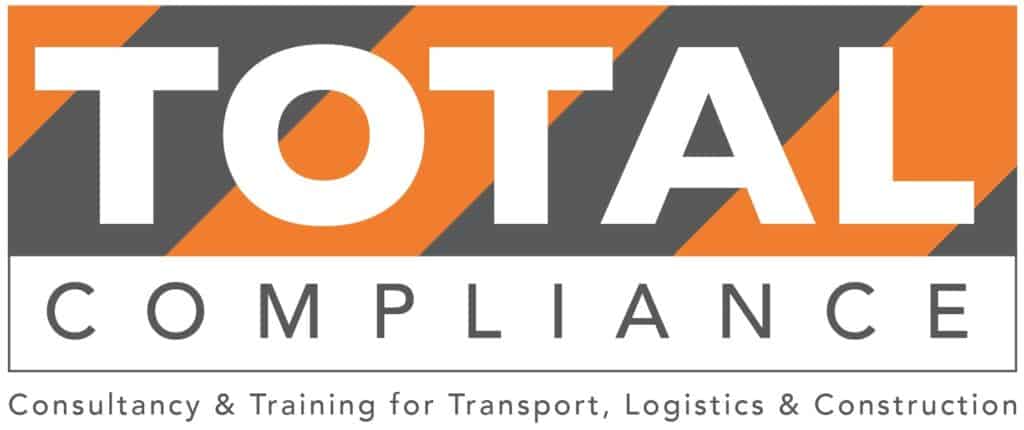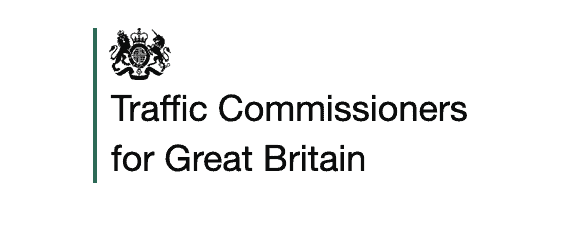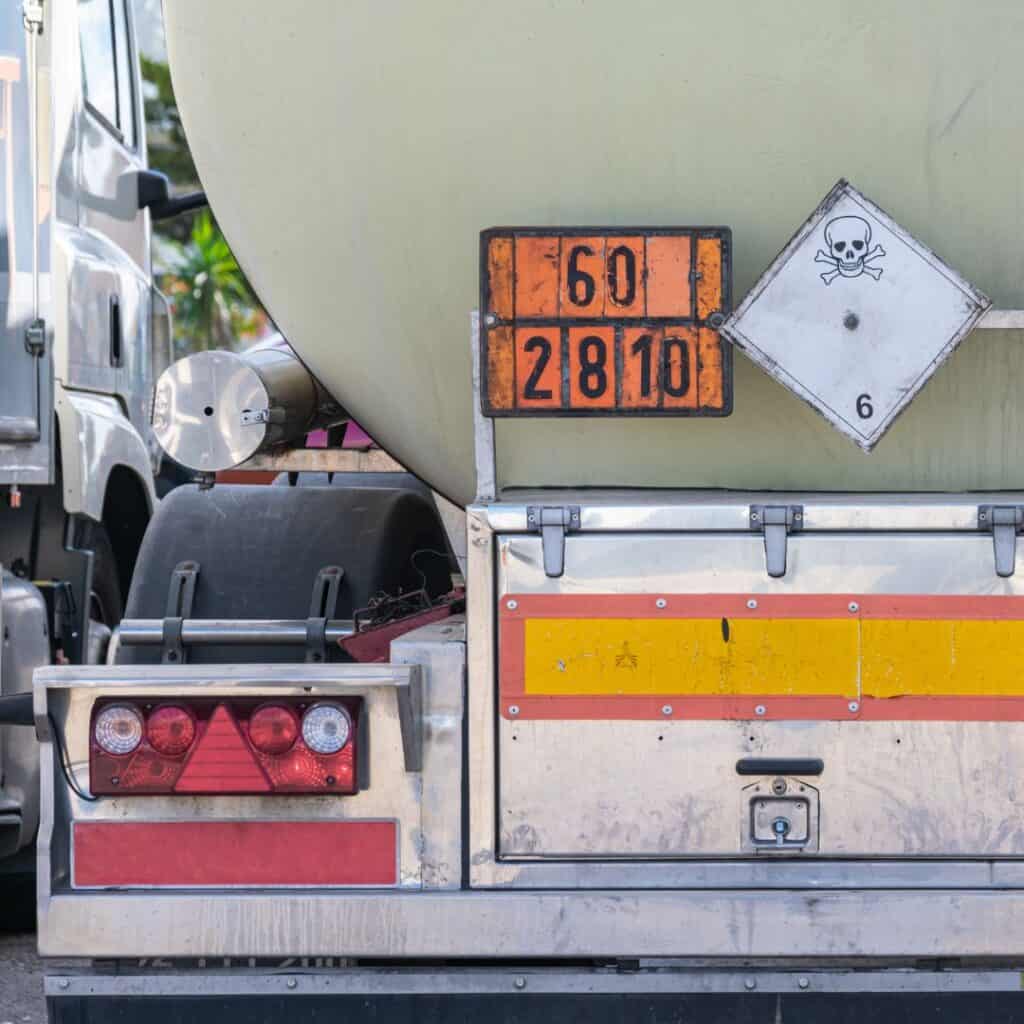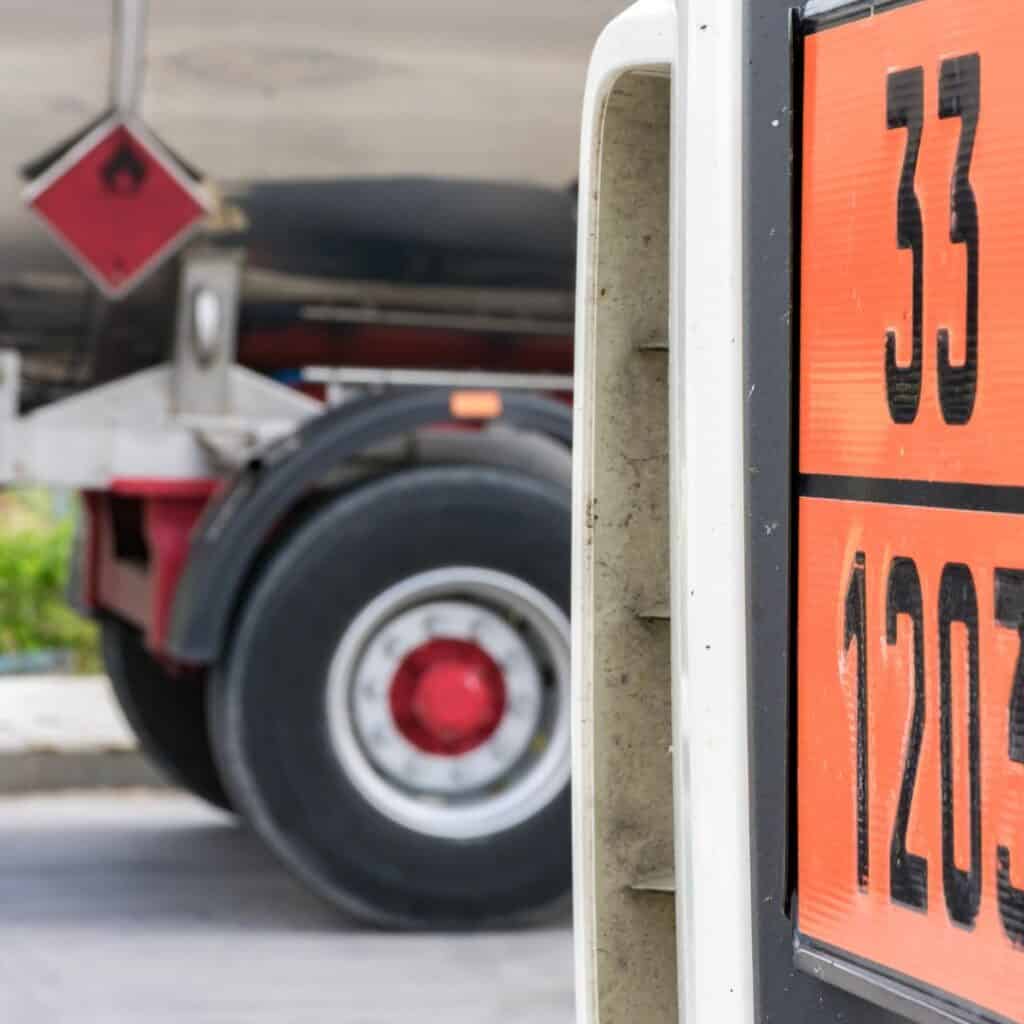Uncategorized
Bikeability: A Pathway to a Healthier, Greener, and More Connected Lifestyle
Cycling is a fantastic way to get around, offering a healthy, environmentally friendly, and enjoyable mode of transportation. For children and adults alike, mastering the art of cycling can open up a world of possibilities, from commuting to school or work to exploring new places and enjoying the outdoors. However, learning to ride a bike…
Read MoreUnlocking Opportunities: Exploring DVSA Earned Recognition’s Extra Modules
DVSA Earned Recognition offers an exciting opportunity for operators to showcase their expertise and meet specific project requirements through additional accreditation modules. These optional modules enable operators to demonstrate their capability and dedication by meeting extra audit standards or providing supplementary information to DVSA. In this blog post, we’ll delve into the world of DVSA’s…
Read MoreEligibility to Join the DVSA Earned Recognition
Eligibility for DVSA Earned Recognition: Meeting the Criteria… Are you considering applying for DVSA Earned Recognition? Before you dive into the application process, it’s crucial to ensure that you meet the eligibility criteria. Let’s take a closer look at the requirements you need to fulfill: If You Have Multiple Operator Licenses: If your organisation holds…
Read MoreWhat are the benefits of DVSA Earned Recognition?
There are several notable benefits associated with being a DVSA earned recognition operator. By achieving this status, you can expect the following advantages: These benefits collectively contribute to a more streamlined and reputable operation, positioning you as a trusted and preferred choice for contracts and fostering positive relationships with clients, authorities, and the wider industry.…
Read MoreHave you been summoned to a Traffic Commissioner Public Inquiry and feeling stressed out?
“Have you been summoned to a Traffic Commissioner Public Inquiry and feeling stressed out? Don’t worry, you’re not alone! These inquiries can be extremely nerve-wracking and overwhelming, but Total Compliance Transport Consultants can help ease the burden, and assist with your transport compliance. So what can you expect at a Traffic Commissioner Public Inquiry? Well,…
Read MoreWho needs DGA/ADR training?
ADR stands for ‘Accord européen relatif au transport international des marchandises Dangereuses par Route’ and is a European agreement that regulates the transport of dangerous goods by road. In the UK, ADR training is mandatory for certain types of workers who are involved in the transportation of dangerous goods by road. The following types of…
Read MoreWhat to Expect When Becoming a DGSA?
Becoming a qualified Dangerous Goods Safety Advisor (DGSA) is a great career choice for those interested in taking responsibility for the safe handling and transport of hazardous substances. The job involves evaluating the risks associated with storing, packaging, transporting, and using various dangerous materials, as well as providing safety advice and guidance to employees. How…
Read MoreWhat Should I Consider When Hiring a DGSA?
As of 31 December 2022, any company that handles dangerous goods must appoint a DGSA, including anyone who consigns, transports, picks, packs, organises, fills, loads or unloads dangerous goods on a regular basis, by road, rail or inland waterway. If your business is included in the above list, you’ll need to start looking for a…
Read MoreWhat is the Difference Between FORS and CLOCS?
Fleet management is a critical aspect of any transportation industry, and with the increasing focus on road safety and environmental concerns, many organisations are turning to accreditation schemes to ensure that their fleets operate to the highest standards. Two of the most widely recognised schemes in the UK are the Fleet Operator Recognition Scheme (FORS)…
Read MoreWhat are the Differences Between FORS Gold, Silver, and Bronze Accreditation?
Fleet Operator Recognition Scheme (FORS) accreditation is a voluntary scheme that aims to promote best practices in safety, efficiency, and environmental performance for fleet operators. There are three levels of FORS accreditation: Bronze, Silver, and Gold. Each level represents a higher level of achievement and requires operators to meet increasingly stringent criteria. Here are the…
Read More







